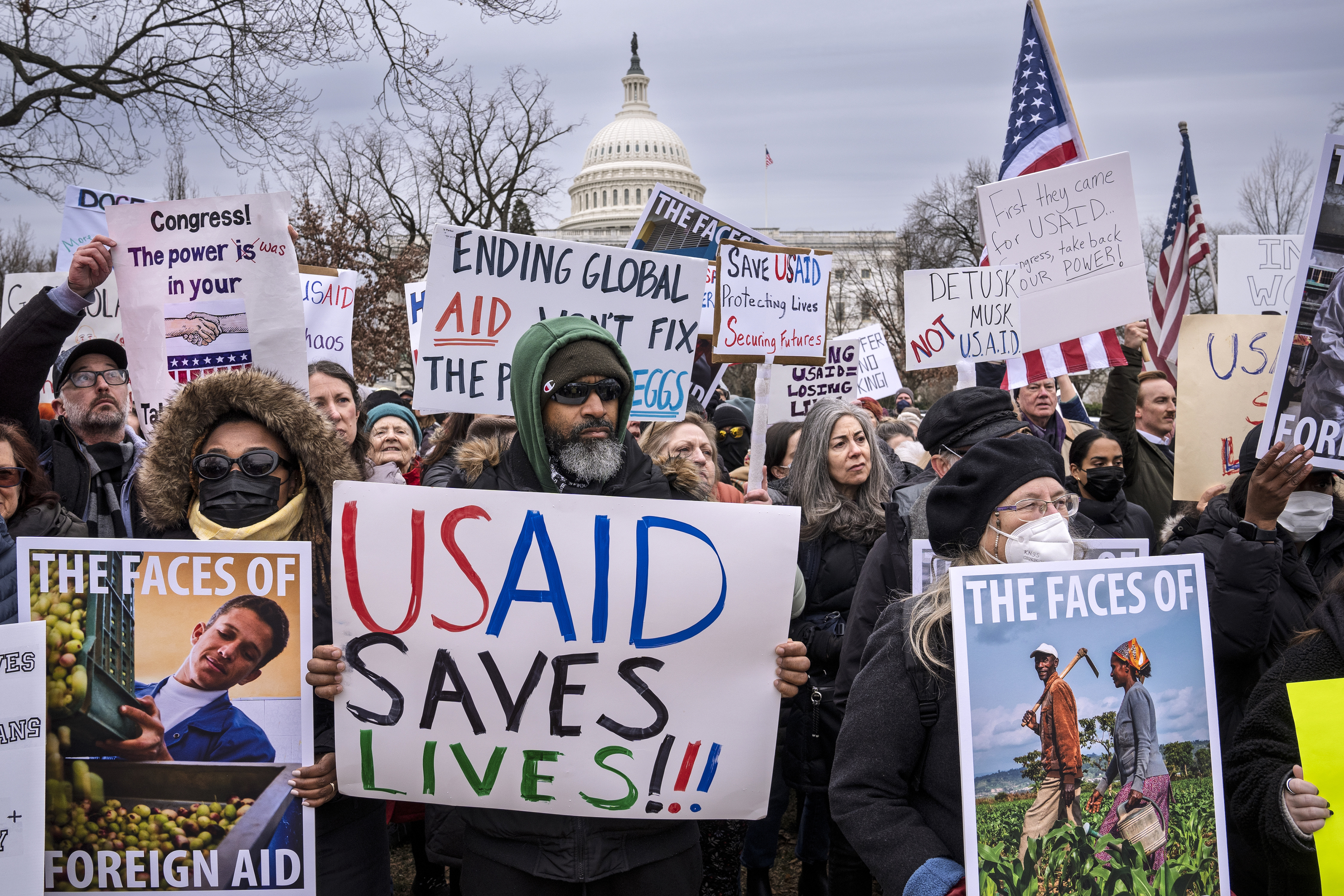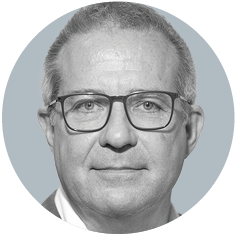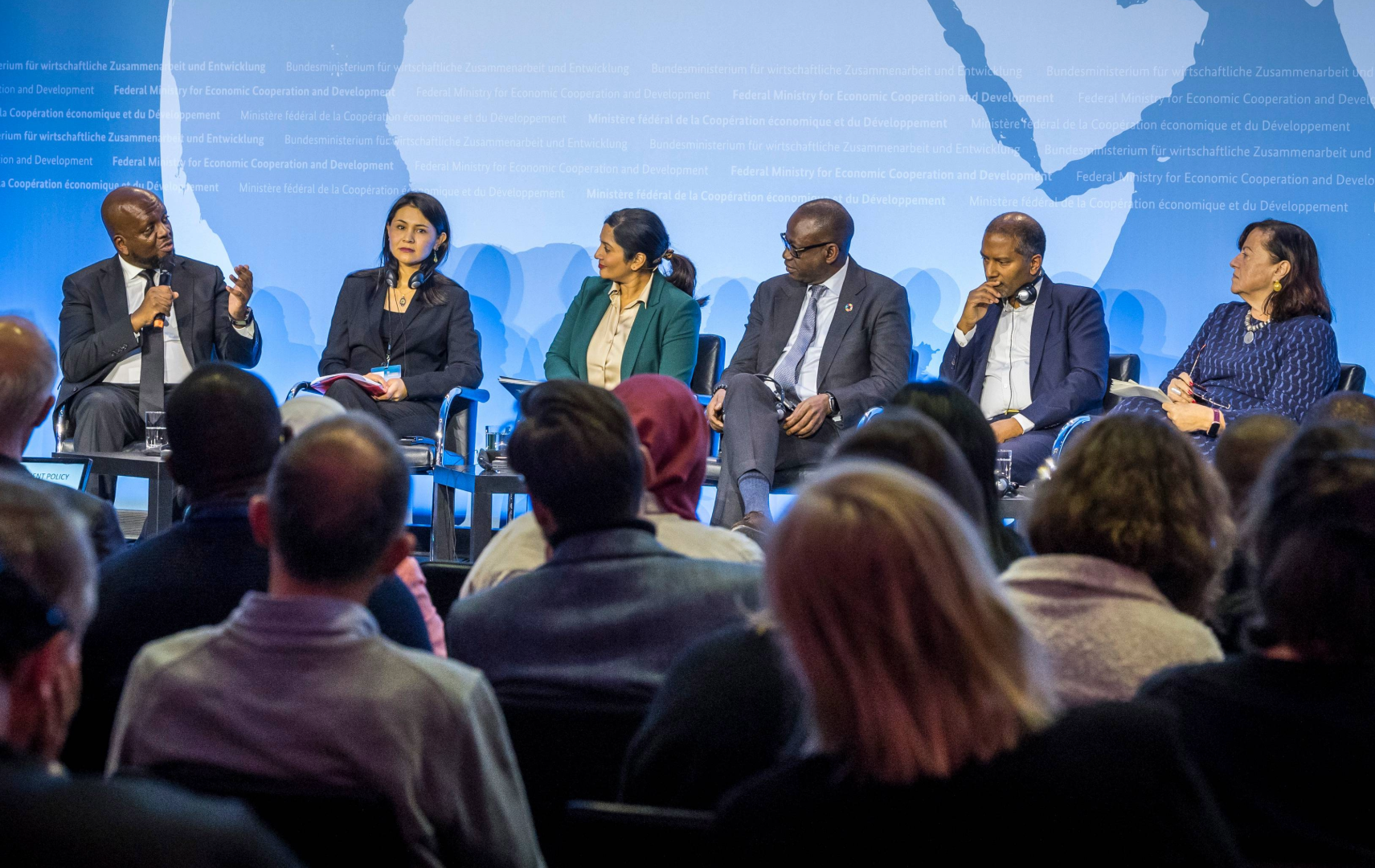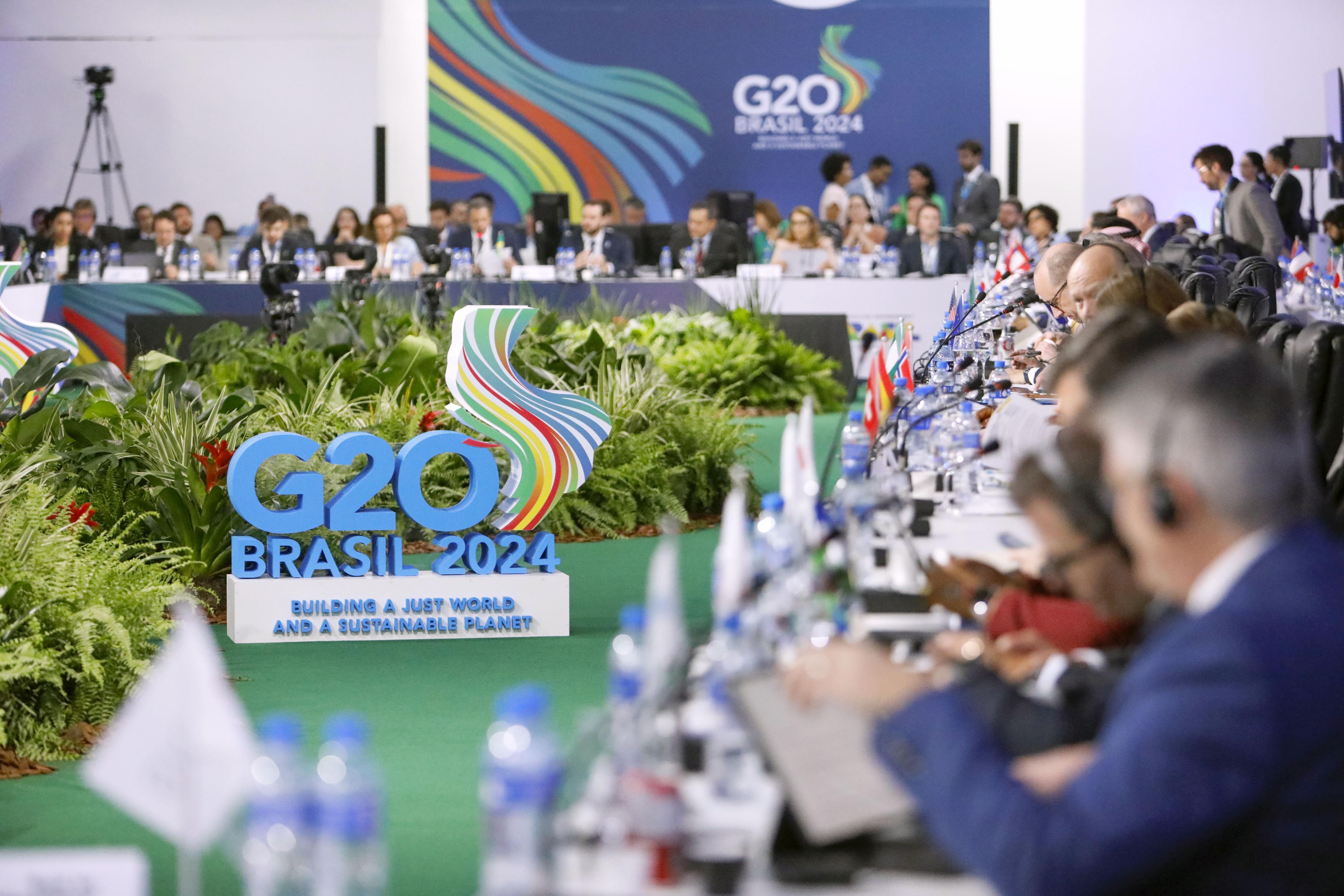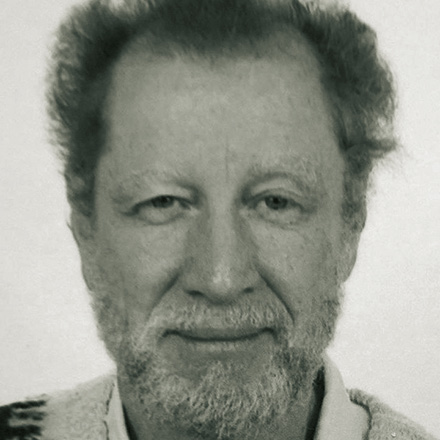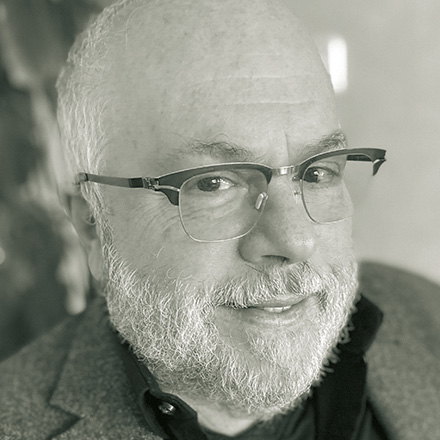Sustainability
"The chancellor is with us"
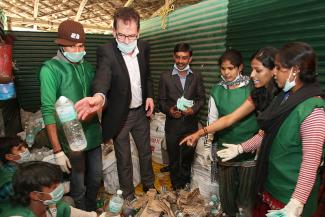
How important in your eyes are the new development and sustainability goals that are to be agreed?
Adopting an internationally binding agenda for sustainable development – the "post-2015 agenda" – is a top priority not only for me, but for the entire German government. The goal is to address the two greatest global challenges of the coming decades:
- winning the worldwide battle against poverty and hunger and
- conserving vital natural resources.
These issues will define the agenda of international debate as well as the policies of the German government over the next few years. Chancellor Angela Merkel has made the post-2015 agenda one of the focal points of Germany’s G7/G8 presidency next year, which shows how much this agenda matters to us.
What can be done to ensure that the international community accepts the new goals?
Implementing the post-2015 agenda will require a new global partnership, based on goals that are equally binding for all countries and players. In other words, we need “universal” goals. But first of all, we need to arrive at a shared understanding of the global common good and accept mutual responsibility for it. For instance, it is in everyone’s best interest that we preserve biodiversity, protect the climate, ensure a fair world trade system and promote peace and security. Governments, civil society, the private sector and the academic community must all agree to work together in an effective, transparent and accountable way. Newly-industrialising countries, in particular, must be with us. After all, these countries are experiencing rapid economic growth, and they often speak on behalf of the developing world. I think it’s important to emphasise constantly what we all have in common. Only by working together will we be able to eradicate extreme poverty and hunger, achieve ecologically sustainable growth, create decent working conditions all over the world and find ways to better avoid crises and conflicts.
What must happen in Germany?
It doesn’t help simply pointing the finger at others. In our globalised world, what we produce and consume has a very direct impact on the lives of people in other countries and on the global climate. We should not live our lives at the expense of future generations. This is precisely where Germany can take a leading role. We have the knowledge and the ability to develop innovative new technologies with loads of good examples of sustainable business practices. At the same time, the only way sustainable development will happen is if all actors in the private sector and society, as well as ordinary citizens, make it their priority and rethink their habits. We all must use resources more efficiently, for instance, and become more conscious consumers.
In April, you started a broad-based dialogue on a Charter for the Future, entitled "ONE WORLD – Our Responsibility". What is the underlying idea?
The focus is on sustainability. This term is on everyone’s lips and has become overused. I want people to consider what it is really about: how do we want to live tomorrow, and what can each and every one of us contribute?
What can people in Germany do to assume responsibility for our one world?
We want to make it clear that development cooperation is not something that happens in far-away places, but rather something that directly impacts on the daily lives and actions of all of us. In this age of globalisation, social standards, environmental protection and the climate affect and concern everyone. How we live our daily lives has a direct impact on the living conditions of people in other continents. To prepare the Charter for the Future, we are discussing these issues with ordinary citizens and experts from various societies and associations, governmental and non-governmental organisations, science and industry who are interested in and committed to sustainable development.
Who is taking part? Are there any results already?
Everyone is invited to take part. It is meant to be a bottom-up discussion. Since the beginning of May, people have had the opportunity to share their ideas and suggestions online on the official website, http://www.zukunftscharta.de. We will review the comments with a group of experts, and deal with them in five discussion forums, which are being held in various German cities from June to September. Each forum will have a different focus: the ecological, the economic, the social, the political and cultural dimensions of sustainability and the aforementioned global partnerships. We are pleased to announce that ambassadors for each topic who are experts in their respective fields have been recruited to provide input for the forums. Once the dialogue is concluded, we will compile a first draft of the Charter for the Future, which the public will once again be invited to discuss. On 24 November, I will then present the final draft in Berlin. I am especially pleased that Chancellor Angela Merkel has agreed to take part in the ceremony, thus underscoring her great interest in this important process. Anyone involved or interested in development cooperation should mark the date on their calendars.
How will the Charter for the Future affect the international debate on the post-2015 agenda and the new Sustainable Development Goals? How do you plan to link the national to the international process?
The initial target group of the Charter for the Future are those members of the German public who are interested in – or work in – development cooperation. It’s important to me to discover where our common interests lie. Once we have that information, we will be in a much better position to present our common concerns to the international community in 2015, an important year for development. Of course, the German government, German civil society and German industry can and should adopt positions and pursue goals according to their specific needs, but we will know that the demands of the Charter for the Future represent a broad consensus. The Charter for the Future is meant to be a binding document that will lend greater force to our shared concerns.
Gerd Müller is Germany’s federal minister for economic cooperation and development.
http://www.bmz.de/en/
